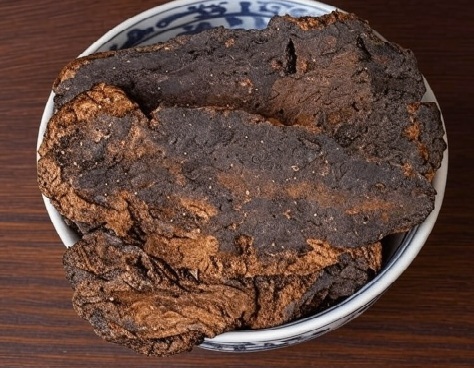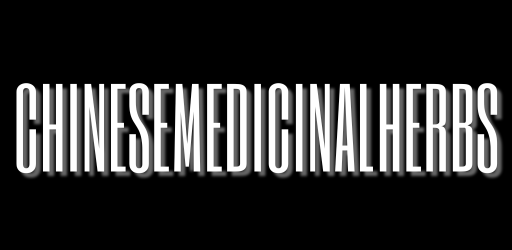Rehmannia Root Chinese Herb

Rehmannia Root (Sheng Di Huang): A Cooling Herb for Nourishing Blood, Yin, and Clearing Heat
Introduction
Rehmannia root, known as Sheng Di Huang (生地黄) in Traditional Chinese Medicine (TCM), is a deeply cooling and moistening herb traditionally used to nourish blood and yin, cool the blood, and clear internal heat. It is commonly prescribed for conditions involving heat in the blood, yin deficiency, and dryness, such as fever, skin eruptions, mouth sores, or dry constipation. With its sweet and bitter taste and cold nature, Sheng Di Huang is a foundational herb in many heat-clearing and blood-nourishing formulas.
What Is Rehmannia Root?
Sheng Di Huang is the fresh or sun-dried root of Rehmannia glutinosa, a flowering plant native to China. In TCM, it is considered sweet, bitter, and cold in nature, and it enters the Heart, Liver, and Kidney meridians. It is known for clearing heat from the blood, generating fluids, and cooling internal fire, particularly in febrile or chronic heat conditions that damage the body’s fluids and yin.
Health Benefits of Rehmannia Root
1. Cools the Blood and Clears Heat
It is used for high fever, skin rashes, nosebleeds, and bleeding due to heat in the blood. It is commonly combined with herbs like Mu Dan Pi and Chi Shao.
2. Nourishes Yin and Generates Fluids
Sheng Di Huang is effective for dryness of the mouth, thirst, and red tongue caused by yin deficiency. It supports recovery from heat illnesses or long-term stress.
3. Moistens the Intestines and Eases Constipation
Its moistening nature helps with constipation due to dryness or blood/yin deficiency, often used with herbs like Xuan Shen.
4. Supports Heart, Liver, and Kidney Yin
It is a base herb in formulas for night sweats, hot flashes, irritability, and tinnitus caused by deficient yin and rising internal heat.
How to Use Rehmannia Root
1. In Herbal Decoctions
Use 9–30 grams of sliced Sheng Di Huang and simmer with heat-clearing or yin-nourishing herbs such as Mai Men Dong or Bai Shao. Best used with long simmering over gentle heat.
2. In Blood-Cooling Formulas
It is a key ingredient in classic formulas like Qing Wei San or Xiao Yao San variations when there’s heat in the blood with liver disharmony.
3. In TCM Pills or Powders
Sheng Di Huang is found in many yin-tonifying patent medicines such as Zhi Bai Di Huang Wan or Liu Wei Di Huang Wan.
Where to Buy Rehmannia Root
You can find Sheng Di Huang at Chinese herbal shops, apothecaries, or through online TCM suppliers.
Look for:
- Thick, fleshy slices that are dark brown to black
- A moist, sticky texture (if fresh) or pliable dried pieces
- Organic, pesticide-free sources for internal use
Are There Any Side Effects?
Sheng Di Huang is very cooling and may cause loose stools or bloating in individuals with weak digestion or cold spleen conditions. It should be used cautiously in those with dampness or yang deficiency.
Conclusion
Rehmannia root (Sheng Di Huang) is a cornerstone of yin-nourishing and heat-clearing therapies in TCM. Its ability to cool the blood, nourish fluids, and ease dryness makes it indispensable in treating heat-related or deficiency conditions with symptoms like fever, thirst, bleeding, or restlessness. With balanced use, it provides profound support for the Heart, Liver, and Kidney systems.
FAQs
Can I take Sheng Di Huang long term?
Yes, under supervision. It is commonly used in long-term yin and blood tonics but should be balanced with herbs that support digestion if needed.
What’s the difference between Sheng Di Huang and Shu Di Huang?
Sheng Di Huang is raw and cooling, used for heat and yin deficiency. Shu Di Huang is steamed and warming, used to nourish blood and tonify essence.
Can I use it for skin issues?
Yes, it is often used for rashes, eczema, or other skin eruptions caused by heat in the blood.

